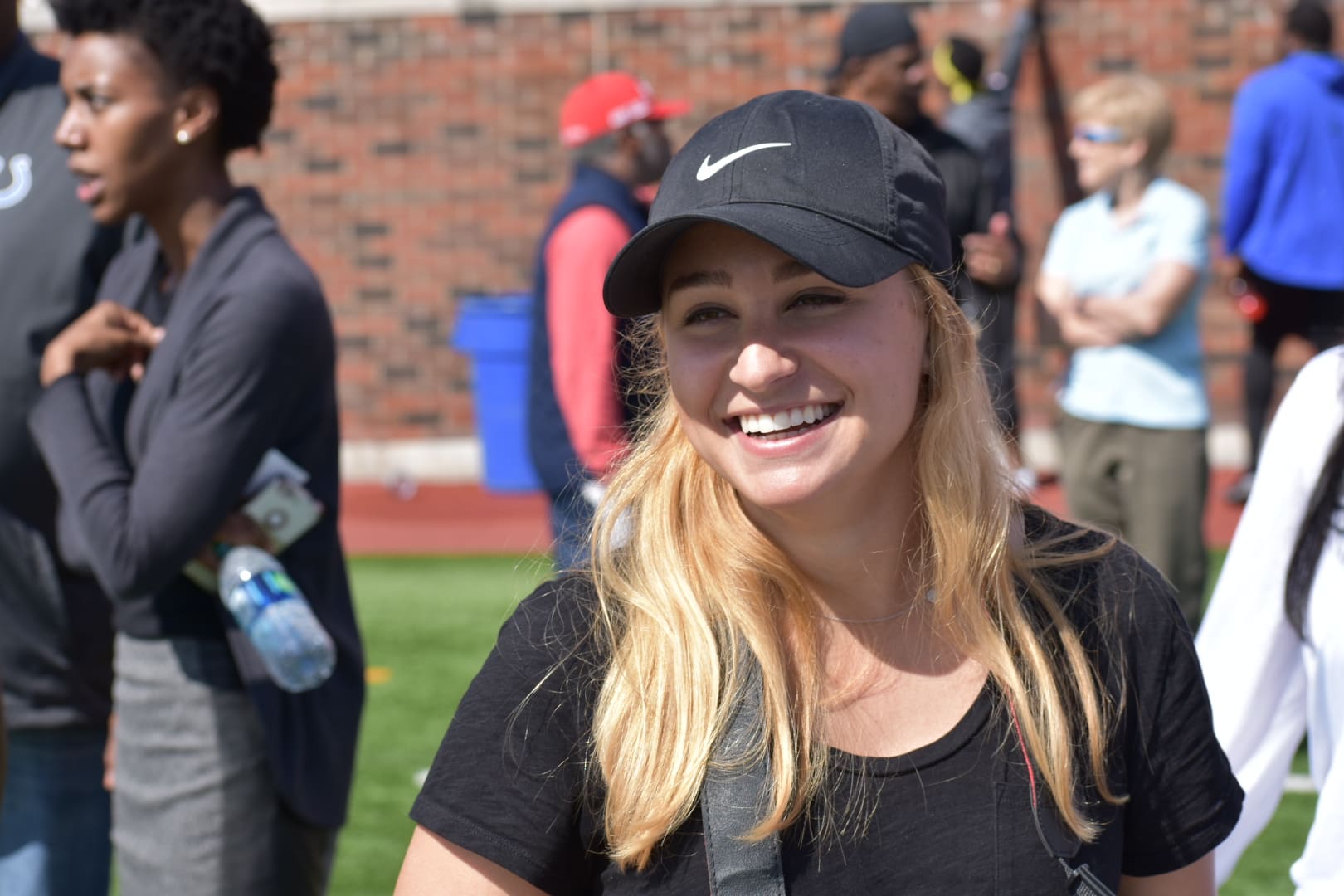COVID-19 invading college campuses around the United States isn't really a matter of if at this point, but when. Universities know this and athletics programs know this, but so far, the coronavirus pandemic isn't on track to halt or even postpone fall classes or fall sports.
Some schools have announced they'll adjust their class calendar to start earlier and end at Thanksgiving break, but the plans don't clearly address what happens when the virus starts making the rounds on campus.
With news out that SEC programs will allow student athletes back on campus starting June 8, Arkansas Athletics Director Hunter Yurachek is confident the school and program could handle individual cases of coronavirus.
"I was very candid with the parents," Yurachek said Wednesday to the media. "I told them that there will be a student athlete that tests positive for Covid-19 on our campus. But I think we’re equipped to handle that. We have a plan to handle that."
The plan laid out by Dave England, head of Arkansas sports medicine, isn't much different from what is already being done around the nation for positive cases. If an athlete tests positive for the virus, their contacts will be traced to determine who else had long-term (15+ minutes), unmasked contact with them and they may suggest quarantining.
That seems like it could be a slippery slope to a whole group of football players in quarantine since they're putting 16 athletes in each workout group but England thinks the workouts, which are conducted with plenty of space, won't warrant quarantine for everyone involved.
"Of course the athlete that tests positive would be quarantined," England said. "There’s a big discussion on the contact tracing about what is close contact. With the workout groups and the masks we’re wearing, that’s going to take out a lot of individuals. I would foresee the roommates of that athlete, for sure, being quarantined along with them."
While student-athletes aren't in a high-risk age group to get seriously ill for the virus, the people they interact with on staff or outside the facility might be. Athletes will be checked daily for fevers (100.4 or higher temperature) and they'll have limited contact with staff members outside of the strength and conditioning and training staffs until August.
As the football season approaches and practices begin, it's going to get a lot more complicated. Athletes will regain access to locker rooms, lounges and potentially meeting rooms, more students will get back to campus and they'll of course be in physical contact with each other daily at practice. Last year, Arkansas's campus had a small outbreak of the mumps and at least a handful of football players were exposed, hamstringing them a bit for the final game of the season against Missouri.
"Do you go to Zoom call meetings where you have your first-string quarterback meet, then the second-string quarterback meets, then the third-string quarterback meets so they're not in there together?" Yurachek mused. "Because, what you don't want to have happen is the Friday before a game, your starting quarterback tests positive and because of his close contact with the second-string and the third-string and the fourth-string quarterback, you don't have a quarterback to put out there."
Yurachek is confident they can handle individual cases, but a legitimate outbreak would be another story.
"If we have a mass outbreak then that will definitely change our plan," Yurachek said. "That’s the one thing about this plan, and quite honestly we’ve been working on it for about four weeks, and it’s probably changed about every day during those four weeks and it will continue to evolve and change and be fluid as the environment in which we’re operating in evolves and changes.
"So that’s what I told our performance team which is our athletic training staff, our strength and conditioning staff, our doctors that what we have to be over the next two or three months is we have to be very flexible, we have to be very nimble and we have to be able to adjust on the fly. And we’ve got to have a sense of humor because things change on a regular basis. We’re used to having things a certain way in college athletics and not having to or adjusting to change very well, but our environment is changing and it’s changing every day."
A lot of onus is going to be put on 18-23 year olds to take health and social distancing guidelines seriously, but Yurachek thinks they can rise to the challenge if they understand what's at stake.
"It's going to take a Yeoman's effort on our part to educate them, but at some point in time it's going to take an effort on their part to realize that we're doing this so you don't go through what you just went through during the last 8-10 weeks."
